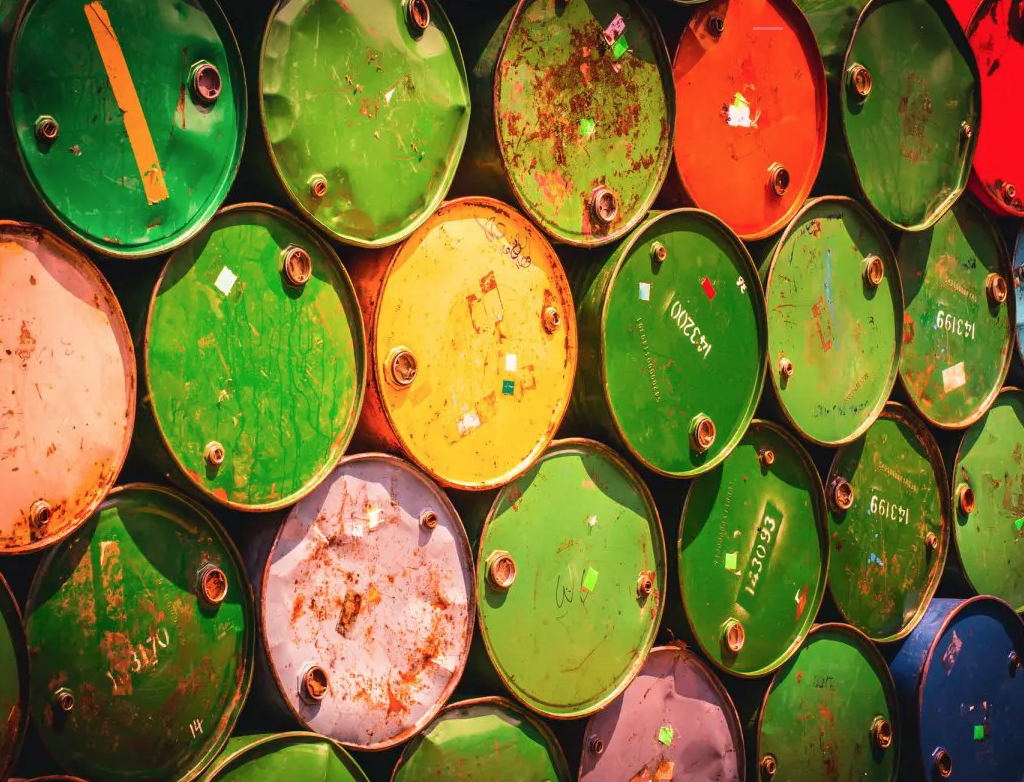The oil price could triple if Moscow cuts 5 million barrelsThe oil price could triple if Moscow cuts 5 million barrels
(Sustainabilityenvironment.com) – The Kremlin still has several tricks up its sleeve to play against sanctions and punitive measures taken by the West, above all the oil price sponsored by Biden. The most deadly is to close the oil taps, which could make the crude oil price soar to the “stratospheric” figure of 380 dollars a barrel. Today the Brent is at 111 dollars and since the beginning of the war in Ukraine it has reached the limit of 130 dollars: in practice, the price could triple. JP Morgan’s market analysts are convinced of this by observing the Russian production capacity, the shortage of supply and the technical difficulties in increasing production in the short term.
Russian countermeasures
The argument starts from the fiscal position of Moscow. That is still solid despite embargoes and sanctions. The reason is mainly in the increase in the oil price and gas that has occurred since the autumn of 2021. With the sanctions, the Kremlin manages to export smaller volumes of oil, refined products and gas than before the invasion of Ukraine. Many Western countries are preparing to abandon it. The EU by the very beginning of 2023, with a few exceptions, and Asian markets do not absorb all of the supply surpluses.
Read also What has the G7 decided on the Russian oil embargo?
New shocks at the cost of crude oil?
According to estimates by JP Morgan, if Russia cut by 3 million barrels the daily supply of crude oil would rise to 190 dollars. While taking 5 million barrels off the market, the leap would bring the barrel to the never-before-seen figure of 380 dollars. The market has little chance of offsetting supply by increasing production in other countries, including the two traditionally more flexible OPEC members, Saudi Arabia and the United Arab Emirates. Not to mention other sudden decreases in supply, caused by conflicts (as in Libya, where exports have fallen by 800,000 barrels a day for 3 days), hurricanes or plant failures.
“The most obvious and likely risk of a price cap is that Russia chooses not to participate and retaliates by reducing exports,” analysts write. “The government is likely to react by cutting production to inflict pain on the West. The narrowness of the global oil market is on the side of Russia”.
